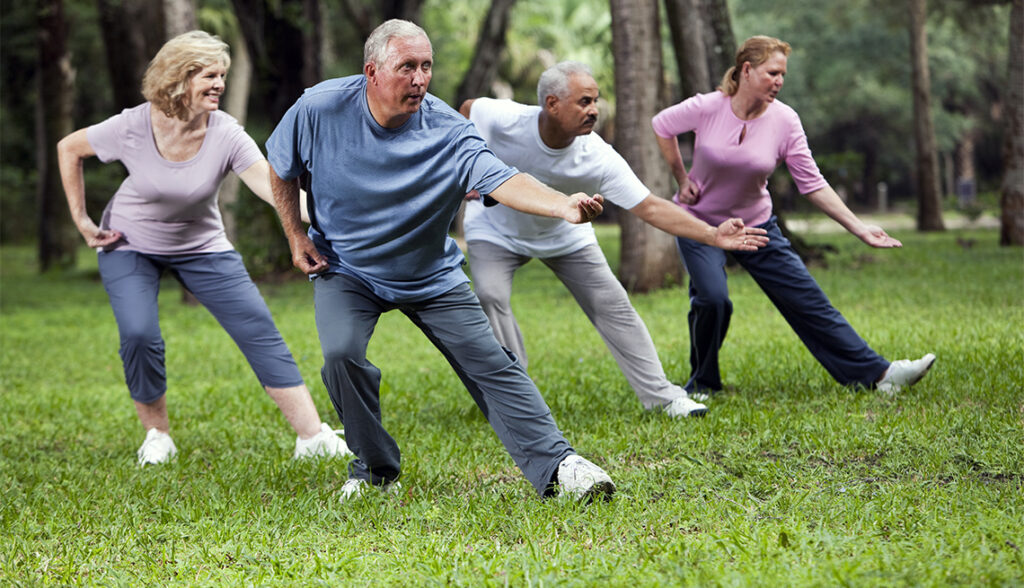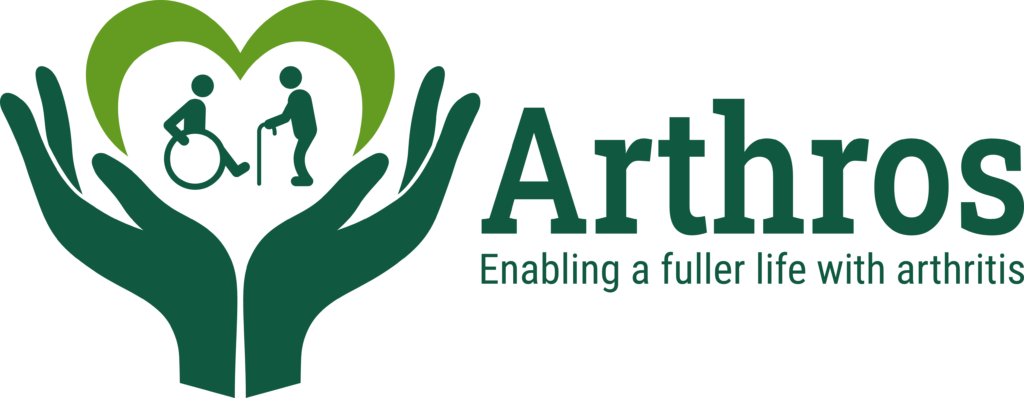Join our Tai Chi Classes
Tai Chi is an ancient Chinese martial art and mind-body practice that involves slow, gentle, flowing movements combined with controlled breathing and a meditative state. It’s often referred to as “meditation in motion” and is practiced for both physical and mental health benefits.

A Gentle Path to Relief for Arthritis
Living with arthritis can often feel like a constant balancing act—managing pain, maintaining mobility, and protecting your joints. But what if one simple, graceful practice could help you do all three? Enter Tai Chi—an ancient Chinese exercise known for its slow, flowing movements and powerful health benefits.
What is Tai Chi?
Tai Chi (pronounced “tie-chee”) is a form of gentle exercise that combines deep breathing with a series of slow, deliberate movements. Originally developed as a martial art, it has evolved into a popular wellness practice around the world—especially among older adults and those managing chronic health conditions.
Why Tai Chi Works for Arthritis
Tai Chi is especially beneficial for people with arthritis because it focuses on low-impact, joint-friendly movements. Unlike high-intensity workouts, Tai Chi is kind to your body while still offering measurable benefits.
Here’s how Tai Chi can help ease arthritis symptoms:
1. Improves Joint Flexibility and Mobility
The controlled movements in Tai Chi help lubricate joints and keep them moving smoothly. Regular practice can lead to increased flexibility and range of motion, especially in commonly affected joints like knees, hips, and shoulders.
2. Reduces Pain and Stiffness
Research has shown that people with arthritis who practice Tai Chi regularly report a noticeable decrease in joint pain and stiffness. Its calming, rhythmic flow helps reduce inflammation and tension in the body.
3. Boosts Balance and Coordination
Many people with arthritis experience problems with balance due to joint instability or muscle weakness. Tai Chi strengthens the muscles around your joints and enhances body awareness, reducing your risk of falls and injuries.
4. Supports Mental Wellbeing
Living with chronic pain can take a toll on your mental health. Tai Chi is as much a meditative practice as it is a physical one. Its emphasis on deep breathing and mindfulness helps lower stress levels, improve mood, and promote a sense of calm.
5. Increases Overall Strength and Stamina
Though it may appear gentle, Tai Chi engages your entire body. Over time, it can help build strength in your legs, core, and upper body—improving your ability to stay active and independent.
Getting Started
You don’t need special equipment or a gym membership to try Tai Chi. Many community centres, local charities, and online platforms offer beginner-friendly classes. Look for sessions specifically designed for arthritis or joint conditions to ensure movements are tailored to your needs.
If you’re unsure where to begin, speak to your GP or physiotherapist—they may be able to recommend local classes or suitable resources.
Tai Chi is a safe, gentle, and effective way to take control of your arthritis symptoms and improve your quality of life. Whether you practice for five minutes a day or join a weekly class, every movement brings you one step closer to feeling stronger, calmer, and more confident in your body.
